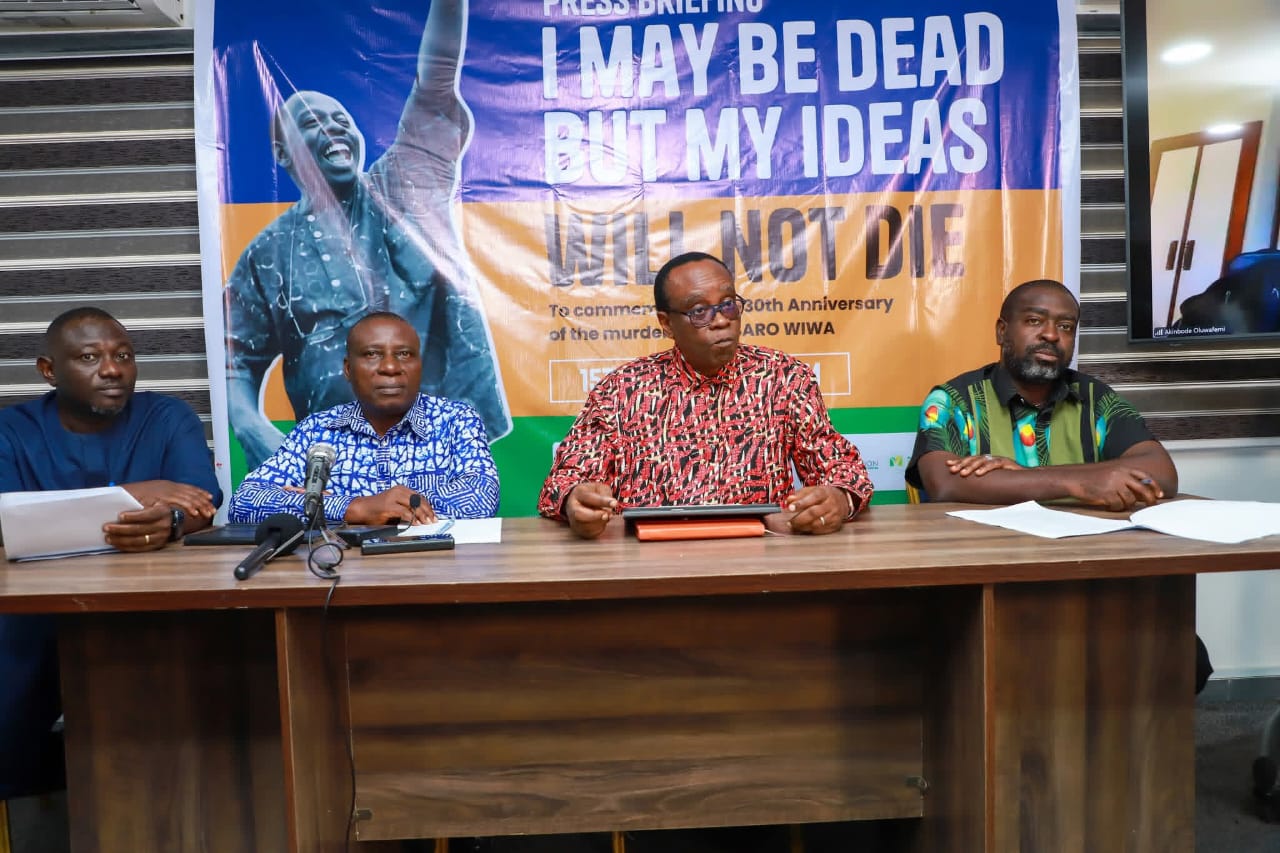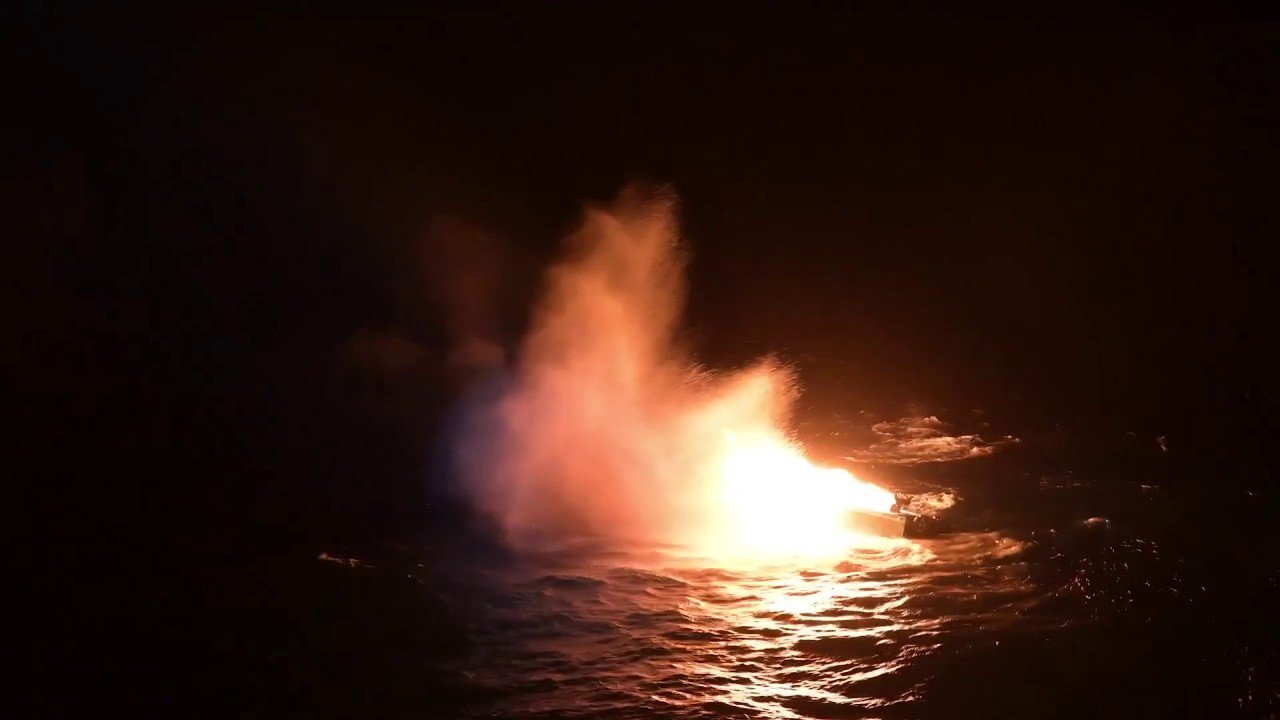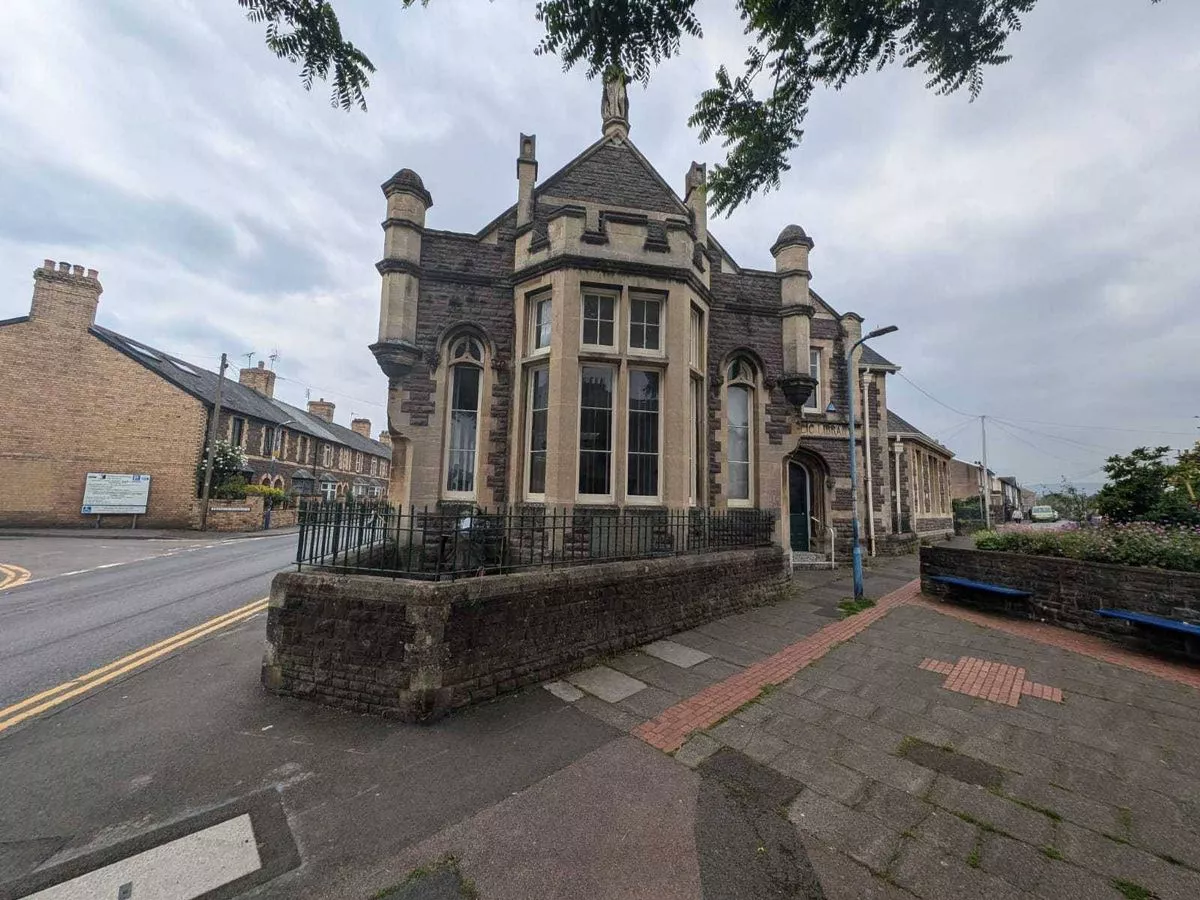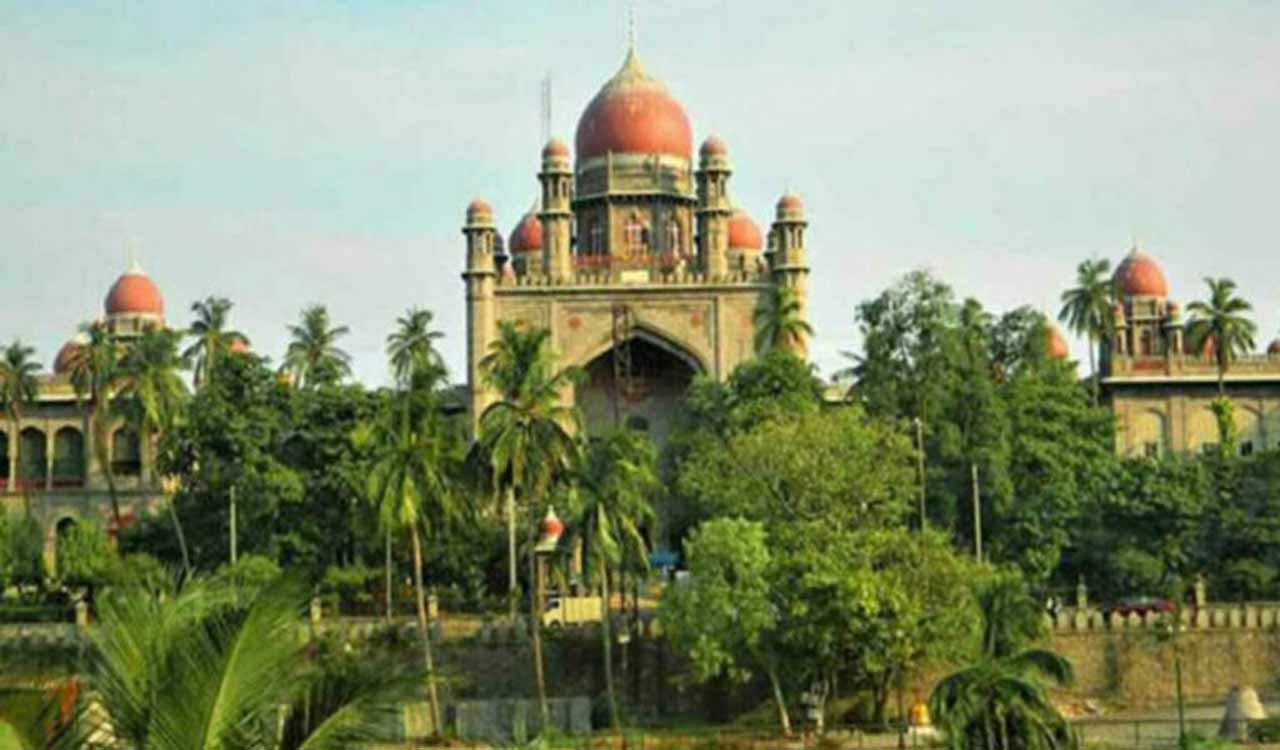By Nigeriacurrent
Copyright nigeriancurrent

By Esi-ife Aroguundade
Civil society organisations (CSOs) and environmental rights campaigners have called on the Federal Government to allocate one trillion dollars for the comprehensive cleanup of oil pollution in Ogoniland and other affected Niger Delta communities.
Accusing multinational oil companies operating in the region of abandoning their “toxic legacy” without accountability, they demanded total clean-up, ecological reparation and enforcement of the Polluter Pays Principle in the extractive industry.
No fewer than 10 CSOs made the call on Monday at the headquarters of Corporate Accountability and Public Participation Africa (CAPPA) in Lagos, during a press briefing to kick-start activities for the 30th anniversary of the judicial murder of Ogoni playwright and activist Ken Saro Wiwa, and eight Ogoni elders by former Nigerian dictator, General Sani Abacha.
Saro-Wiwa and the eight leaders—Saturday Dobee, Nordu Eawo, Daniel Gbooko, Paul Levera, Felix Nuate, Baribor Bera, Barinem Kiobel, and John Kpunie—were executed by the Nigerian military government on November 10, 1995, for advocating for the rights of the Ogoni people and drawing international attention to the devastating environmental destruction caused by oil extraction on their lands and waters.
Organised by the Ken Saro Wiwa 30th Anniversary Planning Committee headed by Dr. Nnimo Bassey, Director of Health of Mother Earth Foundation (HOMEF), the press briefing called for the “exoneration” of Saro-Wiwa and the eight others, rather than the posthumous “pardon” announced by President Bola Tinubu on June 12.
Apart from HOMEF, the nine other CSOs on the Committee are Corporate Accountability and Public Participation Africa (CAPPA), Environmental Rights Action (ERA)/Friends of the Earth (FoEN) Nigeria, Kebetkache Women Development & Resource Centre, Oil Watch Africa, Social Action, Miideekor Environmental Development Initiative, We The People and Lekeh Development Foundation
They expressed concern about the persistent pollution and contamination of farmlands and ancestral homes of the locals.
Furthermore, they argued that allowing the destruction of livelihoods for corporate profit is not only condemnable but criminal, and that any attempts to reopen oil wells and divestment by oil majors without reparation ought to be resisted.
In his opening remarks, Dr. Bassey stated that Saro-Wiwa and his colleagues were not punished for breaking laws but for challenging systemic oppression. He described Saro-Wiwa as “a staunch defender of human rights and the environment, whose relentless pursuit of justice was deemed unacceptable by the powers that be, leading to his death sentence”.
According to him, Ken Saro-Wiwa’s legacy remains a symbol of the urgent need for justice and sustainable development that upholds human dignity.
“Despite three decades passing, Ogoniland and the wider Niger Delta remain severely contaminated by toxic oil spills, which continue to ruin fishing, farming, and other local livelihoods. The ongoing injustice is compounded by government and corporate strategies that disregard the essential principle of free, prior, and informed consent of the affected communities”, said Bassey.
Akinbode Oluwafemi, Director of CAPPA, joined the press conference via Zoom. He emphasized that corporations responsible for environmental damage must be held accountable and compelled to bear the full costs of their actions, including the destruction of ecosystems and community livelihoods.
Moreover, accountability means “restoring what has been lost and accepting legal, financial, and moral responsibility for these environmental and human rights violations”, said Oluwafemi.
The coalition made five demands, including a thorough and transparent clean-up of Ogoniland and the Niger Delta. This call emphasised the significance of a community-driven, scientifically verified, and independently monitored remediation of polluted land, water, and ecosystems.
Secondly, accountability from multinational oil companies, which would involve payment of full reparations for environmental destruction and reversal of divestment plans that allow corporations to evade responsibility.
Thirdly, Justice for communities. This includes protection of communities’ rights to dignity, clean water, safe air, and restored livelihoods, with affected populations meaningfully involved in decision-making.
Fourthly, decriminalisation of shared struggles: An end to harassment and criminalisation of environmental and human rights activists; protection of civic freedoms and peaceful assembly.
Finally, they demanded that the oil be “left in the ground”: Immediate halt to oil exploration in Ogoniland, demilitarisation of the Niger Delta, and recognition of Ogoni as a homeland, not an oilfield.
Buttressing the demands, Dr. Prince Edegbuo of Social Action called for justice for communities, emphasising the protection of citizens’ rights to basic resources, including clean air, water, and soil.
In addition, Kentebe Ebiaridor of Oilwatch International urged the decriminalisation of struggles, stressing the need to protect activists and discourage state intimidation, while Celestine Akpobari of Miideekor Environmental Development Initiative demanded a thorough and transparent Niger Delta clean-up with full community involvement, independent monitoring, and restoration of land, water, and livelihoods.



